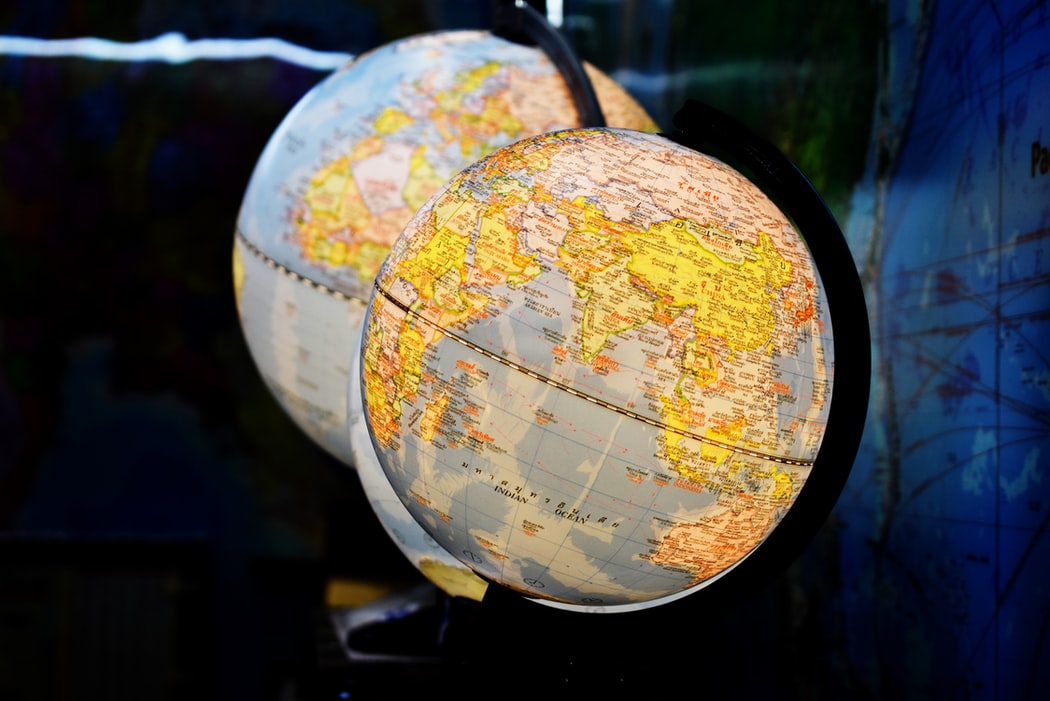DHL and the NYU Stern School of Business today released the DHL Global Connectedness Index 2020 (GCI), and this year provides an assessment of globalization during the spreading COVID-19 pandemic. Highlights, mostly directly quoted:
- Connected supply chains and logistics networks play an essential role in keeping the world running and stabilizing globalization especially at a time of a crisis that spans our globe.
- The number of people traveling to foreign countries is on track to fall 70% in 2020, according to the latest UN forecast. International tourism may not return to its pre-pandemic level until 2023.
- Trade, capital, and information flows have held up surprisingly well. International trade has rebounded strongly after a sharp plunge at the onset of the pandemic and remains a vital backbone for economies worldwide.
- Foreign direct investment (FDI) flows, which reflect companies buying, building or reinvesting in operations abroad, could fall 30-40% this year, as also projected by the UN.
- Digital information flows have surged as the pandemic has sent work, play and education online. People and companies rushed to stay connected digitally, driving double-digit increases in global internet traffic.
- The Netherlands is again at the top of the ranking as the world’s most globally connected country.
- Singapore, Belgium, the United Arab Emirates and Ireland complete the top 5
- Singapore leads the index on international flows relative to domestic activity
- No country boasts a more global distribution of flows than the United Kingdom
- Europe claims the top spot as the world’s most globalized region, with 8 of the 10 most globally connected countries located there. It leads on trade and people flows
- North America is the top region for information and capital flows
Photo by Duangphorn Wiriya on Unsplashoffoff

